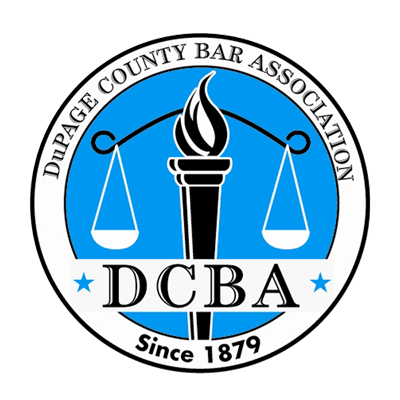
Traffic is down. Speeding is up.
In 2020, Illinois drivers are choosing to stay home—and off the road. However, the resulting empty streets pose an attractive opportunity for the remaining drivers. Faced with (seemingly) obstacle-free roads, Illinois drivers are speeding more than ever during the COVID-19 pandemic.
While vehicle miles traveled in Illinois dropped as much as 52% during the pandemic, the same source notes a 14% increase in camera-enforced speeding tickets. This is troubling because the inevitable crashes that occur at high speeds are much more lethal than those that happen when traffic slows things down.
Case in point: When the Illinois Department of Transportation compared statistics from 2019 to 2020, they found that while the number of cars on the road was down by 55%, the fatal crash rate shrank a meager 3%.
The Economic Impact of COVID-19: Do Recessions Usually Cause Crashes?
In 2008-2009, America experienced the Great Recession. This economic downturn had striking parallels to the current one caused by the pandemic. One might expect to find similar speeding and crash data associated with those years.
However, as one transportation and logistics professor noted, during the great recession that occurred over a decade ago, travel declined—and the fatality rate did as well. The current economic downturn is having the opposite effect on the Illinois drivers who take to the road.
Transportation experts are currently investigating the specific reasons that underlie these figures. Some theories include:
• School closures can account for much of the reduced traffic—and typically, drivers with the best driving safety records make the trips to and from schools.
• Analysts are looking to see whether the closure of bars and restaurants might have any effect on the usual high number of alcohol-related evening crashes and fatalities.
• Walkers and runners who are observing social distancing may run into the road for a short time to avoid other pedestrians. Sharing the road can lead to more collisions with unprotected runners, often to devastating effects.
However, as one Illinois state police officer said, it’ll be a while before we have any conclusive correlative data: “It’s difficult to make assumptions or predictions as to what the causes are for any perceived fluctuation in numbers.”
What to Do if You’re In a Crash in 2020
Even though we’re in a pandemic, you’ll still need to get places from time to time. If the increased crash statistics have you worried about your safety on the road, it’s a good idea to take extra precautions as you go about your usual routes.
This is for more than just your safety. The president of the National Safety Council, headquartered in Illinois, noted that “If anybody wants to know what they can do right now to help with the pandemic, it’s make sure that you’re driving safely so that we aren’t (diverting) resources to a very preventable action.”
If you or a loved one has been in a crash, there are a few things you need to do immediately to make sure that you cover your bases.
• After the crash has occurred, take a moment to assess your injuries. If you need an ambulance for yourself or anyone in your vehicle, call one.
• Call the police next. They will need to know precisely what happened as soon as possible after the event.
• If you can do so safely, get out of your car and collect information from the other driver(s) involved in the crash. A brief description of their vehicle, license plates, and even road and weather conditions will help you build your case later.
• Call your insurance agent. Give them the information you collected. When the police give you a copy of the accident report, share it with your insurance as well.
• Finally, call an experienced personal injury attorney. Do this as soon as possible after the event.
Working with a personal injury attorney may be your best chance of recovering damages or receiving compensation for medical expenses, lost earning capacity, pain, and more. At Cullotta Bravo Law, we have over 30 years of experience assisting people in Illinois with our expertise. To learn more about how we can help you, give us a call at 630-898-7800 or contact us online.





